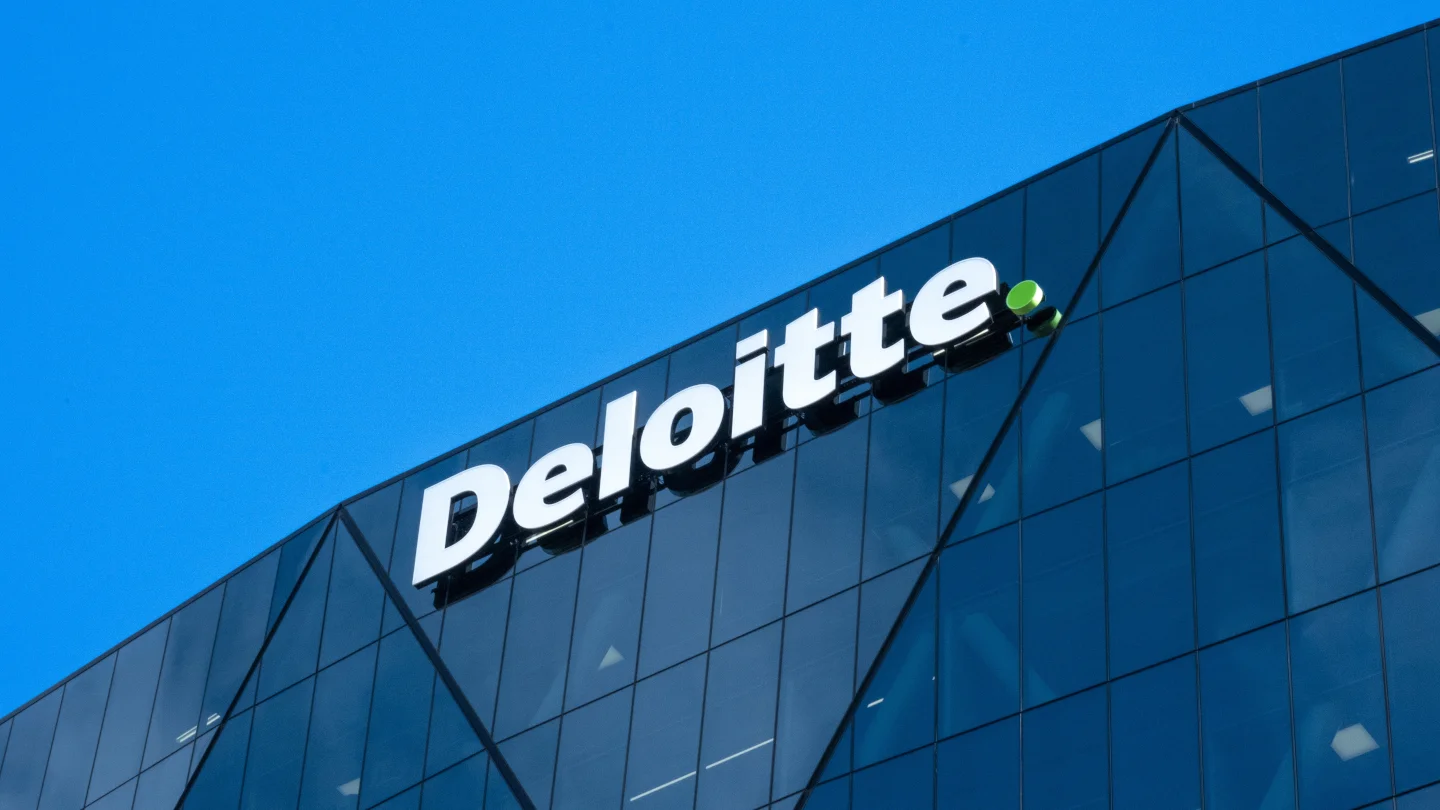
Deloitte's AI Misstep Spurs Questions On Consulting Oversight

Deloitte Australia has agreed to partially refund AU$440,000 to the federal government after a commissioned report attributed to it was found to include fabricated citations, invented legal quotations, and other inaccuracies. The firm disclosed that the report's drafting had involved the use of a generative AI system, prompting sharp debate over how much control and transparency clients should demand when consultants deploy such tools in high-stakes settings.
The 237-page independent assurance review, commissioned by the Department of Employment and Workplace Relations to audit its Targeted Compliance Framework, was published in July. Errors were flagged when Dr Christopher Rudge of the University of Sydney pointed out references to academics and court judgments that could not be independently verified. Deloitte later reissued a corrected version, removing dozens of dubious citations and footnotes, and inserted a new appendix acknowledging that it had used an Azure OpenAI GPT-4o tool in drafting earlier versions. The government confirmed the refund would cover the final instalment of its contract.
Deloitte maintains that the substantive findings and policy recommendations of the review remain valid despite the corrections. The company emphasised that the AI usage did not influence the“core content, findings or recommendations.” Nonetheless, critics say the episode underscores how generative AI can introduce“hallucinations”-content that appears plausible but lacks grounding in fact-into professional work.
The fallout has jolted the consulting sector. Peer firms including EY, KPMG, PwC and BCG have since emphasised their internal vetting processes and quality controls, asserting that they either prohibit or strictly monitor the use of generative AI in client deliverables. The Deloitte case has become a cautionary point: even Big Four consultancies are exposed if governance and transparency lag behind technological adoption.
See also DAE Taps Banks for US$ Sukuk RoadshowsAnalysts and governance experts see this as symptomatic of a wider imbalance: AI adoption often outpaces the development of robust oversight. Charlie Dai of Forrester argues that the Deloitte incident points to“mature governance deficits” in domains where errors carry legal, reputational or public policy risk. Sanchit Vir Gogia, head of a research firm, stresses that accountability must rest both with the vendor and the client-contract terms should explicitly force disclosure of AI use, mandate human verification, and assign liability for inaccuracies.
The consulting sector's growing embrace of AI is illustrated by Deloitte's own recent investment: it signed a multi-year enterprise partnership with Anthropic to deploy Claude as a productivity tool across some 470,000 staff. A Claude Centre of Excellence is intended to guide implementation in regulated sectors such as finance, healthcare and public services. That move comes amid intensifying scrutiny of how AI is integrated into professional services and what safeguards are in place.
Scholars and auditors warn that generative systems may mask a deeper structural risk of AI-enabled deceit. A recent academic framework called the AI-Fraud Diamond adds“technical opacity” to the established fraud triangle, suggesting that hidden model behaviours or flawed data pipelines may give rise to systemic errors or manipulation without direct human intent. That implies audit frameworks must evolve beyond outcome checks to detect subtle inconsistencies in algorithmic logic and provenance.
Governments are starting to respond. In Australia, procurement guidelines may now require more rigorous AI-usage clauses in consulting contracts, including rights to audit and disclosure obligations. The Department of Employment flagged that its future engagements will monitor how much of any deliverable stems from automated systems. Across jurisdictions, regulators and standards bodies are exploring certification regimes and risk frameworks that require traceability, explainability and human-in-the-loop review.
See also Kuwait Petroleum Explores Pipeline Lease to Secure Billions Notice an issue? Arabian Post strives to deliver the most accurate and reliable information to its readers. If you believe you have identified an error or inconsistency in this article, please don't hesitate to contact our editorial team at editor[at]thearabianpost[dot]com . We are committed to promptly addressing any concerns and ensuring the highest level of journalistic integrity. Legal Disclaimer:
MENAFN provides the
information “as is” without warranty of any kind. We do not accept
any responsibility or liability for the accuracy, content, images,
videos, licenses, completeness, legality, or reliability of the information
contained in this article. If you have any complaints or copyright
issues related to this article, kindly contact the provider above.
Most popular stories
Market Research

- Pepeto Highlights $6.8M Presale Amid Ethereum's Price Moves And Opportunities
- Codego Launches Whitelabel Devices Bringing Tokens Into Daily Life
- Zeni.Ai Launches First AI-Powered Rewards Business Debit Card
- LYS Labs Moves Beyond Data And Aims To Become The Operating System For Automated Global Finance
- Whale.Io Launches Battlepass Season 3, Featuring $77,000 In Crypto Casino Rewards
- Ceffu Secures Full VASP Operating License From Dubai's VARA



















Comments
No comment